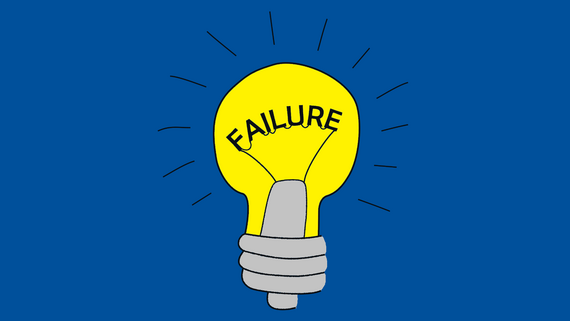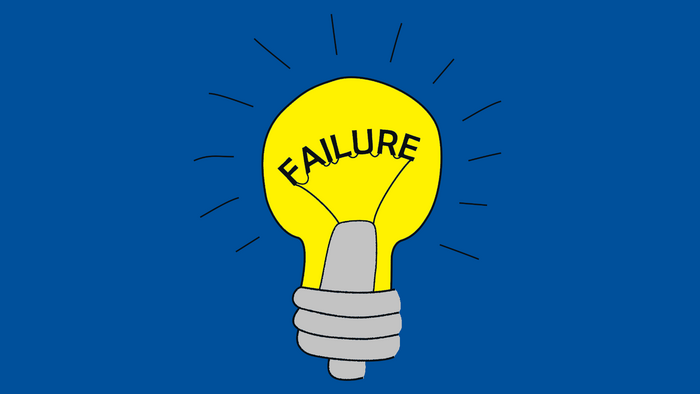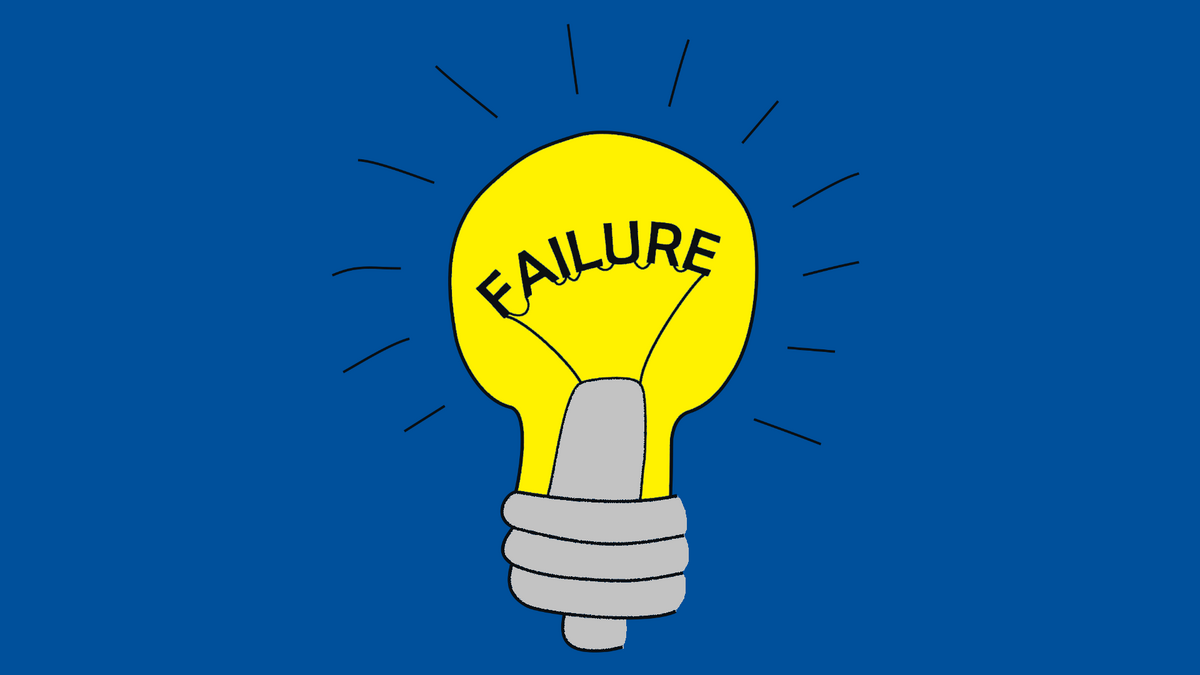


Description of the project
Productive Failure (PF) is characterized by first asking students to work on a task they are likely to fail at before giving them instruction on the canonical approach (Kapur, 2014). There are already some studies that show that PF is more beneficial for learning than learning approaches in which an instruction is given before the problem solving phase (Loibl, Roll & Rummel, 2017).
Except for a few studies, this approach has been mainly investigated in the field of mathematics education. However, recent studies in this field have failed to demonstrate the learning enhancing effect of the PF approach with younger students. It is believed that this is because younger students have not become aware that they have knowledge gaps (Mazziotti, 2017).
Thus, the goal of the prior project was to transfer PF to the teaching of physics in the early grades. This project extends that by transferring the PF approach to the topic of free fall and by highlighting the underlying mechanisms.
Literatur
Kapur, M. (2014). Productive Failure in Learning Math. Cognitive Science, 38, 1008-1022. doi: 10.1111/cogs.12107
Loibl, K., Roll, I. & Rummel, N. (2017). Towards a Theory When and How Problem Solving Followed by Instruction Supports Learning. Educ Psychol Rev, 29, 693-715. doi: 10.1007/s10648-016-9379-x
Mazziotti, C. (2017). When young students fail to productively learn with Productive Failure – analyzing core learning mechanisms. Ruhr-Universität Bochum, Deutschland. urn:nbn:de:hbz:294-54841.


